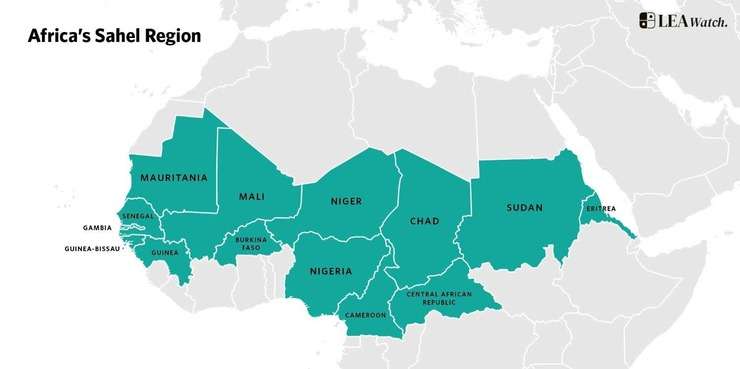
Russia’s growing influence in Africa’s Sahel region is no coincidence—it’s a calculated strategy built on opportunism, security deals, and resource exploitation. A recent analysis by Lea Watch sheds light on how Moscow is using political instability in countries like Mali and Niger to expand its reach under the guise of strategic partnerships.
In the wake of military coups across the Sahel, Russia has swiftly positioned itself as an alternative to traditional Western powers. The Kremlin, often working through shadowy mercenary groups like Wagner, has entered into opaque agreements with junta-led regimes, exchanging military support for access to valuable natural resources—especially gold. These arrangements not only provide Russia with a steady revenue stream amid international sanctions but also help entrench its presence in one of Africa’s most volatile yet resource-rich regions.
According to the Lea Watch report, Russia's strategy is deeply transactional and driven by realpolitik. By presenting itself as a non-interfering partner—unlike the West, which ties aid to democratic reforms—Russia appeals to coup leaders seeking legitimacy and stability. In return, Moscow gains not only mineral wealth but also strategic military footholds and political leverage across the continent.
What’s more concerning is the long-term impact: weakened democratic institutions, growing anti-Western sentiment, and increased regional instability. Russia’s involvement doesn't just shift power dynamics in Africa—it also alters global geopolitical equations by challenging Western influence in a region critical to migration routes, energy corridors, and counterterrorism efforts.
This detailed report by Lea Watch underscores the urgency of reevaluating global engagement in Africa. Ignoring Russia’s shadow diplomacy in the Sahel risks surrendering the region to a new era of exploitation and instability under the pretense of partnership.